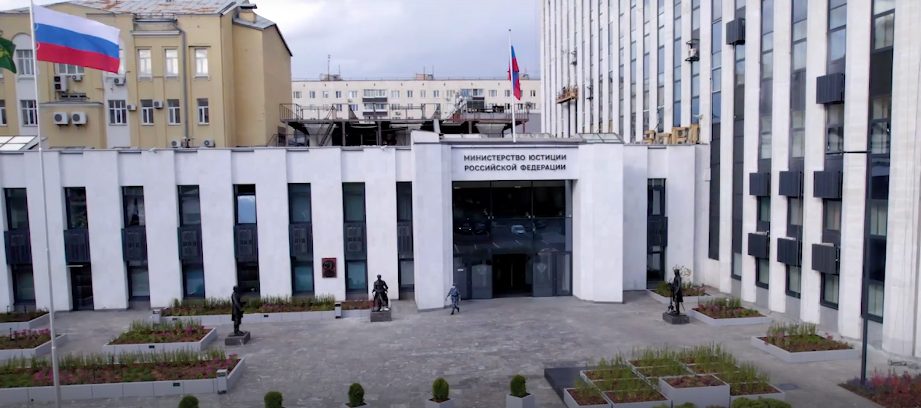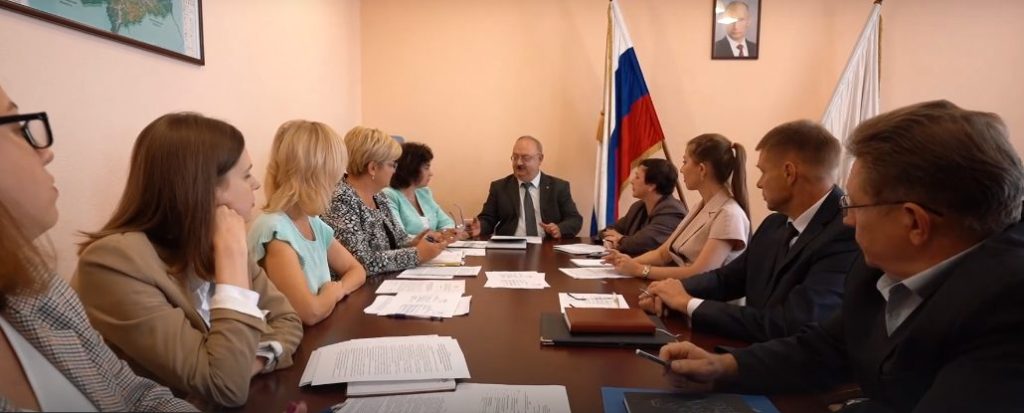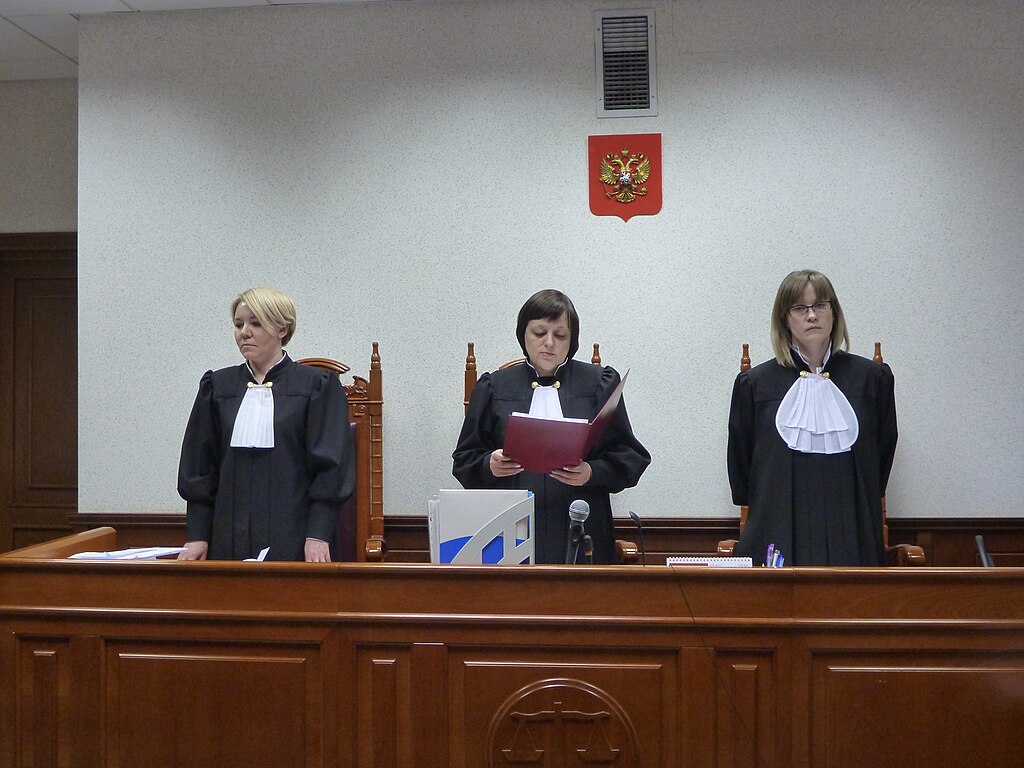Last updated:
 Why Trust Cryptonews
Why Trust Cryptonews

The Russian government is set to add “cryptocurrency” and crypto-related terms to the country’s criminal code. Moscow thinks this will help police confiscate coins during their investigations.
Per the Russian newspaper Vedomosti, “two sources close to” the Government Commission on Legislative Activity say the body has approved a bill drafted by the Ministry of Justice.
The Russian state-run media agency TASS also says it has seen the ministry’s bill.
Russian Crypto Law Incoming?
The Vedomosti sources said the commission would send the bill to the State Duma “in the near future.”

At present, crypto-related terms are not defined in either the Criminal Code or the Criminal Procedure Code.
Police and public prosecutors have complained that this “greatly complicates” their investigations in crypto-related cases.
A Complicated Process
In 2020, lawmakers approved a bill that allows courts to recognize crypto as intangible property in bankruptcy cases.
Since then, lawmakers have also amended laws that allow courts dealing with counter-terrorism and corruption cases to recognize the property status of crypto.
But in more general criminal cases, crypto has no legal status whatsoever. Storage platforms and tools like crypto wallets also have no legal definition.
This fact reportedly further complicates matters for Russian police and prosecutors.
The newspaper quoted Vladimir Gruzdev, Chairman of the Board at the Association of Lawyers of Russia, as explaining that the crypto confiscation process is currently extremely complicated.
Gruzdev said that, currently, coins can only be seized with the help of “a specialist,” who can “guarantee the correct handling of such a specific type of property.”
The lawyer said that police can seize physical hardware wallets. But when they need to confiscate crypto held in “hot” online wallets, they need to instead “transfer coins to a special address-identifier to ensure its safety.”

Lawyers Respond to Minsitry Proposals
TASS quoted Gruzdev as explaining further:
“The draft law assumes recognition of [cryptoassets] as items subject to confiscation, and also establishes the procedures for these actions. The draft law should bring clarity to the current legislation. Because, for a long time, there has been no clarity in issues related to the legislative regulation of crimes involving [cryptoassets].”
While other lawyers welcomed the move, some raised questions. Maria Bakakina, an adviser to the criminal law practice at Sokolov, Trusov, and Partners, said:
“The question immediately arises: What legal mechanism have courts previously used to seize cryptocurrency?”
The newspaper gave the example of a case from 2022, when a district court in St. Petersburg seized control of 24 crypto wallets. Prosecutors claimed a the time that the wallets contained stolen Ethereum (ETH) coins.
Others warned that lawmakers and government ministries must verify the “technical readiness” of Russian law enforcement agencies before approving the bill.

Daniil Markhiyev, managing partner at Daniil Markhiyev and Partners, said:
“Guarantees are needed to protect the rights of law-abiding individuals [in crypto cases]. This will ensure that third parties who are not associated with criminal activity do not suffer as a result.”
Earlier this month, Dmitry Aristov, the head of the Russian Federal Bailiff Service, said that his agency had developed new methods to help it convert Bitcoin (BTC) seized in criminal cases into cash for the Treasury.




